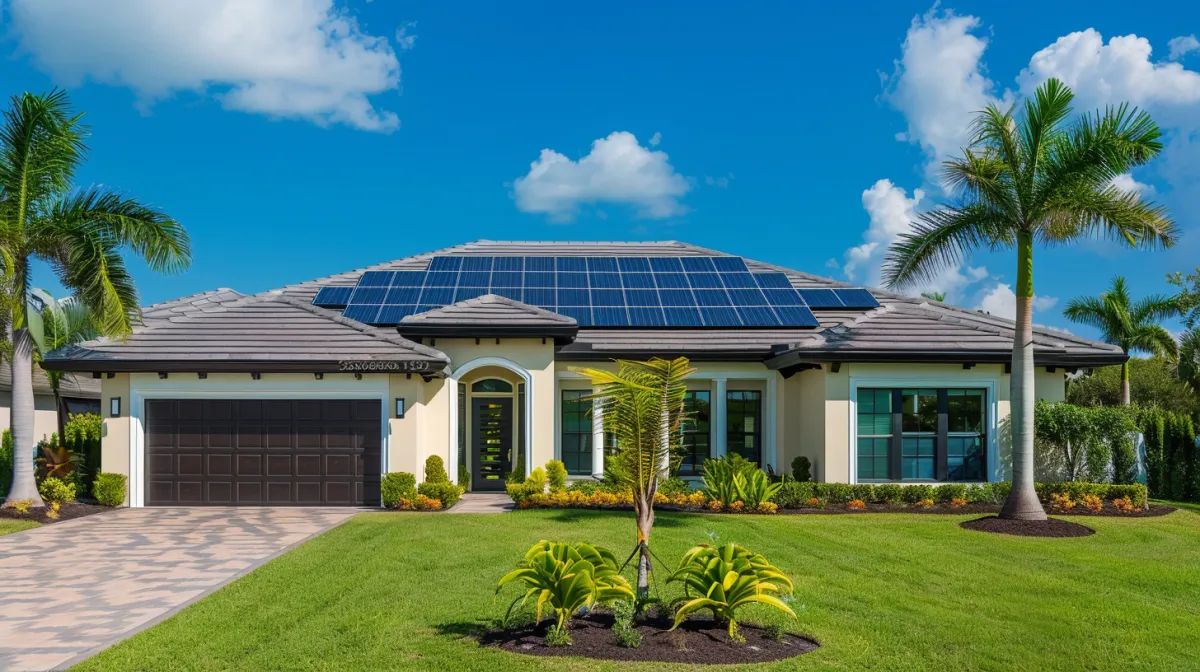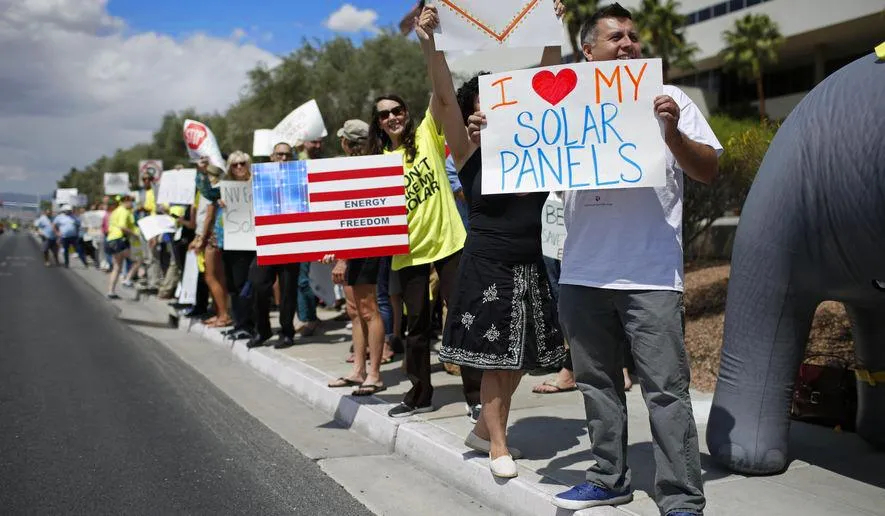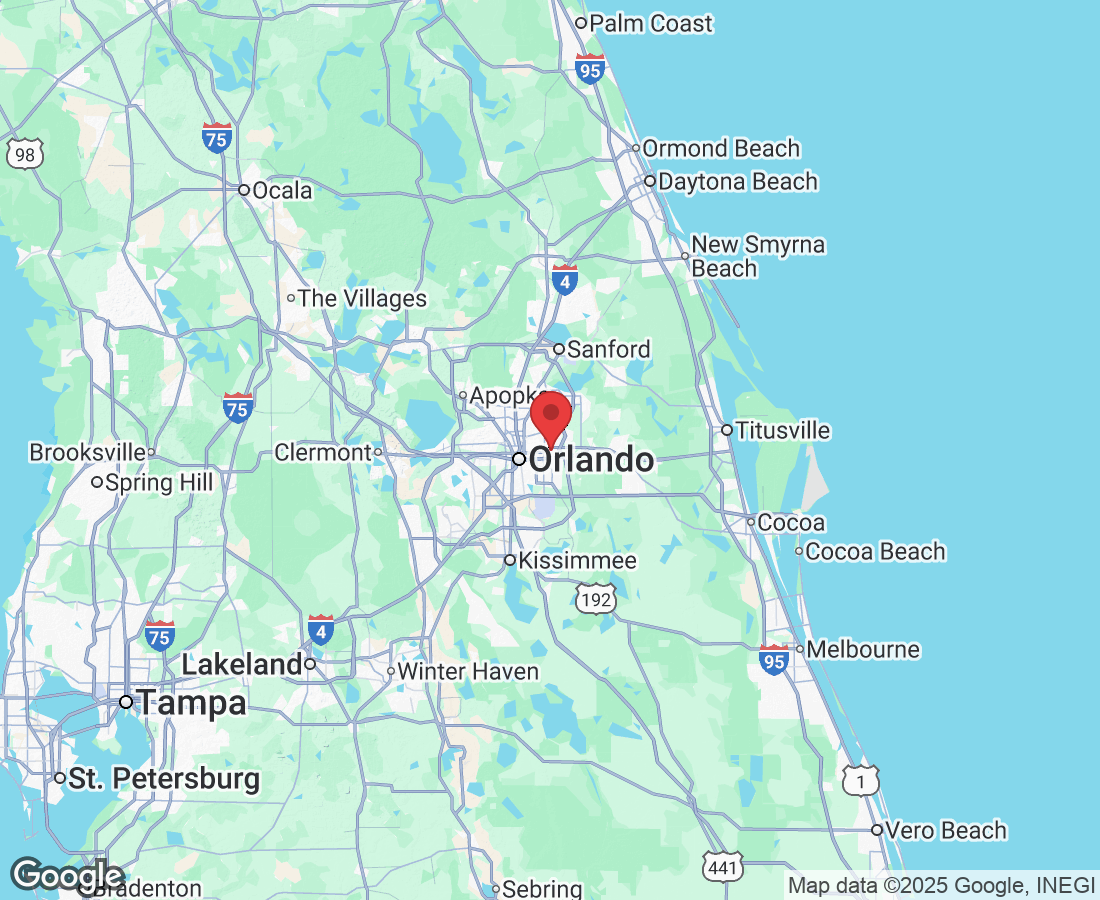Call or Text Us Today:
Blog
Our Mission
Shines Through Our Stories
Your go-to source for inspiration, information, and innovation in the world of solar solutions.

Solar Panel Weight: What Florida Homeowners Need to Know in 2024
Tune into the Soligo Podcast to learn even more home energy tips and tricks.
As a Florida homeowner, you might be wondering, "How much do solar panels weigh, and can my roof handle them?"
The good news is that not only can most Florida roofs easily support solar panels, but these energy-saving marvels can actually protect your roof from the Sunshine State's intense elements. Let's dive into the facts and dispel some common myths about solar panel weight and roof integrity in Florida.
How Much Does a Solar Panel Weigh: Florida Roof Load Facts
Average weight of residential solar panels
Typical Florida roof load capacity
How solar panel weight compares to other roofing materials
Worried about your roof buckling under the weight of solar panels? Fear not! The average residential solar panel weighs between 30 to 50 pounds, with most panels falling around 40 pounds. To put this into perspective, a typical 6 kW solar system in Florida, which can power most homes, weighs about 800-1000 pounds total.
But here's the kicker: Florida building codes require roofs to support much more weight than this. Most roofs in Florida are designed to hold at least 20 pounds per square foot, which is far more than the 2-4 pounds per square foot that solar panels typically add. In fact, your holiday decorations might weigh more than your solar array!

How Solar Panels Protect Florida Roofs
UV ray reflection and heat reduction
Weather barrier against rain and wind
Extended roof lifespan statistics
Contrary to popular belief, solar panels don't just sit on your roof – they actively protect it. Here's how:
Sun Shield: Solar panels reflect and absorb UV rays that would otherwise directly hit your roof. A study by UC San Diego found that solar panels can reduce roof temperatures by 5°F, extending the life of your roof.
Weather Barrier: In rainy Florida, solar panels act as an additional layer of protection against water damage. They channel rainwater more effectively, reducing the risk of leaks and water accumulation.
Hurricane Resistance: Modern solar installations in Florida are designed to withstand hurricane-force winds. In fact, during Hurricane Irma in 2017, many solar-equipped homes reported less roof damage than those without panels.
Extended Roof Life: The National Renewable Energy Laboratory (NREL) reports that solar panels can extend the life of a roof by protecting it from wear and tear. Some estimates suggest solar panels can add 30-40% to a roof's lifespan.
Florida-Specific Installation Considerations
Hurricane-rated mounting systems
Compliance with Florida Building Code
Professional assessment for older roofs
In Florida, solar installations aren't just about slapping panels on a roof. They're engineered to withstand our unique climate challenges:
Hurricane-Rated Systems: Florida law requires solar installations to meet strict wind uplift standards. Most systems are rated for winds up to 160 mph – well above the requirements for most of the state.
Code Compliance: All solar installations must comply with the Florida Building Code, which includes specific provisions for solar energy systems. This ensures your installation is safe and up to standard.
Roof Integrity Check: Before installation, a certified solar professional will assess your roof's condition. For older roofs, they might recommend reinforcement or repairs to ensure your roof is solar-ready.

Energy Savings and ROI for Florida Homeowners
Average energy bill reduction in Florida
Solar panel efficiency in Florida's climate
Long-term financial benefits and property value increase
Let's talk numbers. Florida's abundant sunshine makes it a prime location for solar energy:
Energy Savings: The average Florida home can save $900-$1,200 per year on electricity bills with solar panels.
Efficiency Boost: Florida's climate actually improves solar panel efficiency. Higher temperatures can slightly reduce efficiency, but the sheer amount of sunlight more than makes up for it.
Property Value: Homes with solar panels sell for 4.1% more on average, according to Zillow. In Florida's hot real estate market, that can translate to significant value.
Debunking Florida Solar Myths
"Solar panels will damage my roof"
"My roof can't handle the weight"
"Solar doesn't work well in Florida's heat"
Let's clear the air on some common misconceptions:
Roof Damage: Properly installed solar panels protect your roof, they don't damage it. In fact, they can prevent common issues like sun damage and water intrusion.
Weight Concerns: As we've discussed, the weight of solar panels is minimal compared to what Florida roofs are designed to handle. Your roof is much more likely to be stressed by a gathered crowd than by solar panels.
Heat Performance: While it's true that extreme heat can slightly reduce solar panel efficiency, the abundant Florida sunshine more than compensates. Florida ranks 3rd in the nation for solar potential, behind only Arizona and Nevada.

Conclusion: A Bright Future for Florida Roofs
Solar panels aren't just a way to save on energy bills – they're a smart investment in your home's longevity and value. By protecting your roof from the harsh Florida elements while adding minimal weight, solar panels offer a win-win solution for homeowners looking to go green and protect their property.
Ready to see if your Florida home qualifies for solar? Don't let concerns about weight hold you back from embracing clean, renewable energy. Click the link to find out if solar is the right fit for your home and start your journey towards energy independence and roof protection today!
Start Your Soligo Solar Project
Join The Solar Revolution!
Is your roof ready for a day job? Transform your empty roof into a solar powerhouse today!
Join the Conversation
Make Your Voice Matter
Engage with us on social media and be part of the discussion that’s shaping a sustainable future. We're not just a company; we're a movement. With over a decade of industry expertise, our leadership team is committed to integrity, innovation, and global impact. Join us on this journey as we empower homes across America with the sun!

Soligo Newsletter
Subscribe For Breaking Solar News


